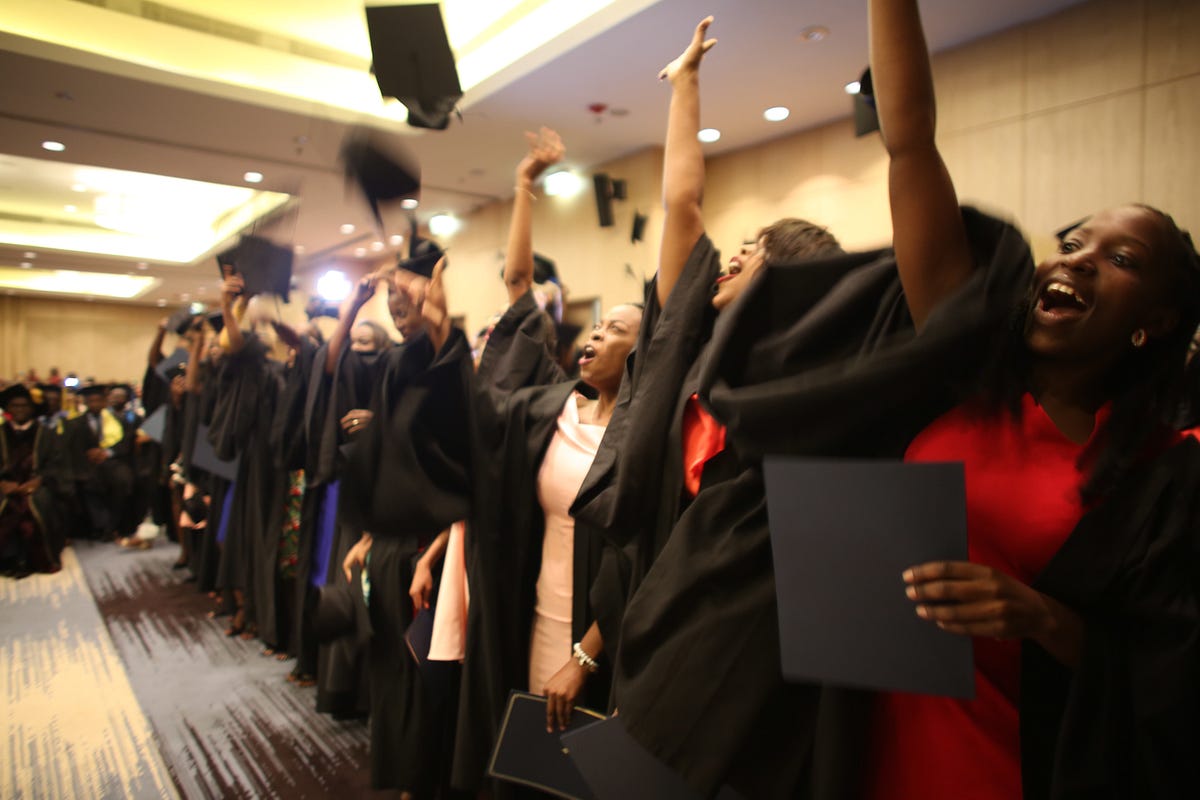A Socially Responsible Alternative to Student Loans

After graduating, 90% of Akilah alumnae secure jobs within six months.
Akilah is committed to keeping education affordable for all our students. We’ve offered student-friendly loan programs since 2011, but this year, we’re excited to introduce an income-based alternative to traditional student loans.
We’ve partnered with CHANCEN International, a social enterprise in student financing, to offer income-share agreements. Under income-share agreements, graduates pay a fixed percentage of their income for a set period of time. Those who earn more, pay more, and those who earn less, pay less, ensuring that our graduates can meet their personal and professional financial needs.
Income-share agreements
Under the new model, our students won’t graduate with a burden of debt. Each repayment plan is tailored to a graduate’s financial capabilities. She’ll be able to shape her career without worrying about financial pressures.
“An income-share agreement provides a more affordable financing option for our students than our current student financing program. Students don’t start their payments until after they graduate and secure employment at a minimum income that allows them to meet their basic needs. This is one of the key reasons we are so excited about the program,” explains Akilah Institute CFO Pam Williams.
“The two organizations are closely aligned in mission, sharing a commitment to helping students reach their potential without financial stress.”
Under the plan, repayments are set at a fixed percentage of each graduate’s monthly income, 9% in our case. Graduates then commit to making payments for eight years. The payments fund student financing for future generations.
A partnership for success
Akilah sought a partner organization that shared our values and commitment to serving our students. CHANCEN’s socially responsible approach, which includes financial literacy training, matched our own. Both organizations also share a commitment to community. “CHANCEN is a community that empowers its members to further their education, succeed in their careers and give back to the next generation,” explains CHANCEN CEO Batya Blankers. Under the CHANCEN model, graduates’ payments fund tuition for future generations of students.
CHANCEN also spent time learning about the unique opportunities and challenges of operating in Rwanda. “While this product is new to the East Africa market, it has been implemented successfully in other parts of the world, and CHANCEN did significant research in the region to ensure that they could offer the program in a way that works for students in the region,” Pam says.
Affordable education
Currently generous donor support covers 83% of Akilah tuition, so that students only pay the remaining 17%, around $860 per year for tuition. But for many of our students, $860 can be cost-prohibitive. With the CHANCEN plan, they can enter an income-share agreement that covers roughly $600, which they’ll then repay according to their income. Students pay $260 out of pocket, ensuring that they’re personally invested in their education.
This summer, we’ll welcome our largest class ever. They’ll be the first cohort with access to income-share agreements. And most importantly, they’ll be able to pay for their education at an affordable rate and make a strong financial start after graduation.
